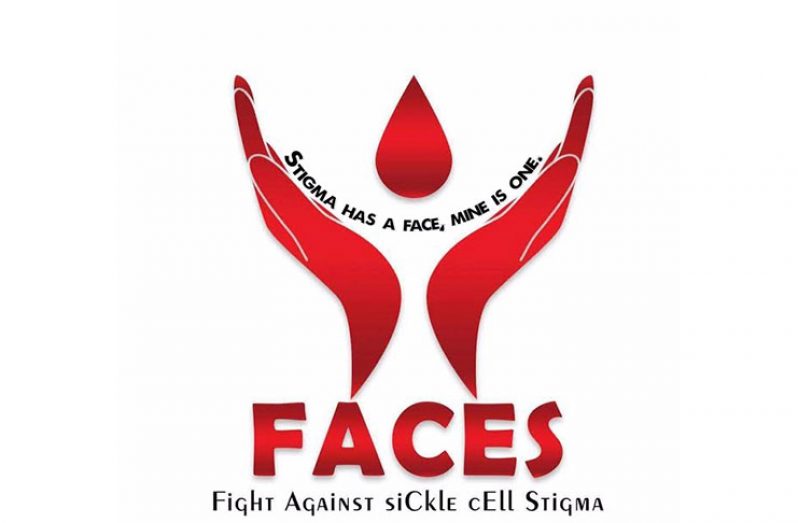— FACES urges sicklers, calls on policy-makers to establish sickle cell centre
FIGHT Against Sickle Cell Stigma (FACES) President Sabrina Kazim has said that suicide is not an option, as she urged her fellow sicklers to keep up the fight.
Kazim’s plea comes as news has surfaced that a sickler may have committed suicide after enduring years of excruciating pain and at the same time stigma and discrimination. Though the sickler died last September from suspected overdosing, family members and members of the organisation are now speaking out about the causes behind the death of the 24-year-old registered nurse, who served at the Georgetown Public Hospital (GPHC).
“I would like to plead to all sicklers across the country, across the world, not to see taking your life as the solution to dealing with the suffering from disease…. Let’s muster up all your strength, stamina, vigour, force and resources, combine them, reach out to sickle cell organisations/ bodies near to you and let’s fight, let’s fight together, to alleviate if not eliminate the stigma and discrimination attached to the disease,” Kazim said in an interview with the Guyana Chronicle on Sunday.
But while sending a strong message to her fellow sicklers, Kazim urged that medical clinicians exercise greater patience for persons living with the sickle cell disease. Sickle cell anaemia is caused by an abnormal type of haemoglobin called “Haemoglobin S”. Haemoglobin is a protein inside red blood cells that carries oxygen to all parts of the body.
Passed down through families, sickle cell anaemia is a condition where the red blood cells that are normally shaped like a disc, take on a sickle or crescent shape.
The abnormal cells deliver less oxygen to the body’s tissues and can easily get stuck in small blood vessels and break into pieces. Because of the presence of these abnormal cells, there is an interruption of healthy blood flow, cutting down on the amount of oxygen flowing to body tissues.

Almost all people with sickle cell anaemia have painful episodes called ‘crises.’
These can last from hours to days. Crises can cause pain in the lower back, leg, joints, and chest. Some people have one episode every few years.
CAN BE SEVERE
Others have many episodes each year and these crises can be severe enough to require hospitalisation.
The president of Faces said while the association is thankful for the support offered by the Ministry of Public Health and the Ministry of Social Protection, much more needs to be done to address the challenges facing sicklers in the local health care system.
“In a nutshell, it is believed that the policy-makers, ministries, stakeholders, and others are not doing all that they can do to make the lives of sicklers as good as they can make it. Each day, at least one sickler is thinking of taking his/her life because of the stress of the disease itself and the painstaking experiences of getting the much-needed care,” she opined.
Describing the disease as a disability on the basis that most times those diagnosed with it are unable to work, Kazim said there is a clear need for a sickle cell centre where sicklers will be given special attention .
In the current system, she detailed that sicklers, though many times in crisis, are forced to wait long hours in lines at public hospitals – a system she emphasised that needs to be corrected. Stigma and discrimination remain major problems.
When in crisis, the ordinary medicine or drug will not work for “sicklers.”
Morphine and pethidine, which are controlled narcotics, are usually administered however, at the level of medical institutions during a period of admission. When patients in ‘crises’ visit the hospital, ‘too often’ for treatment to be administered, some medical personnel not convinced that they are truly in crisis, reportedly take a non-cooperative approach.
“We need monthly financial assistance; we need more awareness from the government on sickle cell disease, we need hassle-free treatment at the hospitals and more relevant drugs to be available at the public hospitals,” she said.
“FACES would also like to see the Minister within the Ministry of Health, Dr. Karen Cummings, playing an even greater role in addressing the concerns of sicklers.



.jpg)








